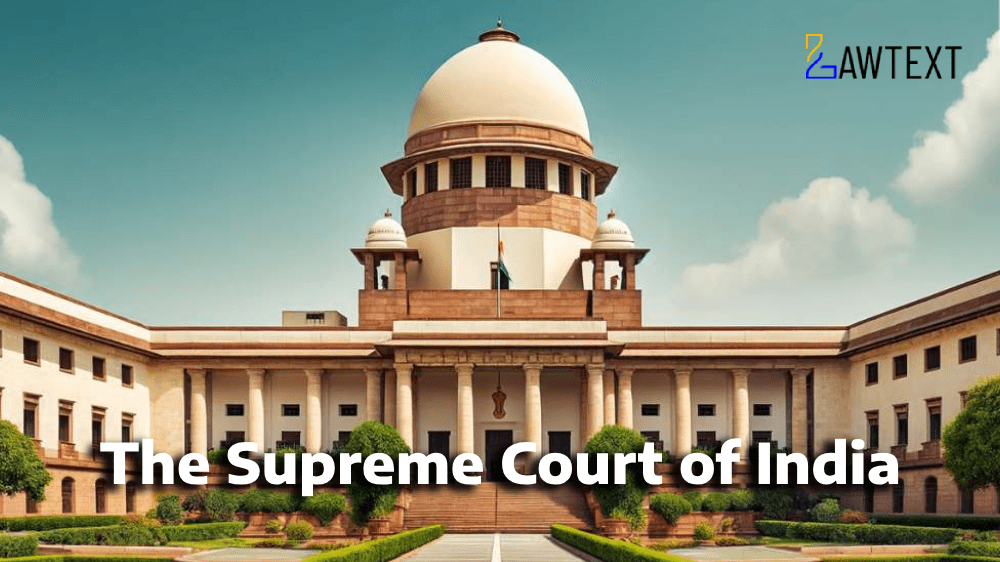

The Supreme Court has overturned a Gujarat High Court judgment concerning the pay disparity among Assistant Professors in government colleges. The case revolved around whether senior professors, appointed directly through the Gujarat Public Service Commission (GPSC), should have their pay increased to match that of their juniors who were regularized after initially serving as ad hoc lecturers. The Court ruled that the principles under Rule 21 of the Gujarat Civil Services (Pay) Rules, 2002, which allow for pay parity between seniors and juniors in cases of promotion, do not apply here, as the pay discrepancy did not result from any promotion but from the regularization of prior ad hoc service.
The judgment addresses the appeals against the Gujarat High Court's Division Bench order, which reversed the Single Judge's direction for the State of Gujarat to step up the pay of senior professors to match their juniors who were previously ad hoc lecturers.
The case dates back to the period between 1984 and 1995, where a group of lecturers was appointed on an ad hoc basis in various government colleges. These lecturers were later regularized and their ad hoc service was considered for seniority, leading to a higher pay scale compared to direct recruits through GPSC in 2001.
The controversy revolves around the application of Rule 21 of the Gujarat Civil Services (Pay) Rules, 2002, which provides for stepping up the pay of a senior government employee if a junior in the same cadre receives a higher salary due to promotion. The Single Judge initially ruled in favor of the appellants, allowing their pay to be stepped up to match their juniors. However, the Division Bench later overturned this, leading to the present appeal in the Supreme Court.
The Supreme Court carefully analyzed whether the disparity in pay arose from the conditions specified under Rule 21. The Court concluded that the pay anomaly was not a direct result of promotion but rather the regularization of ad hoc service, which does not warrant the application of Rule 21. The Court also noted that the appellants did not challenge the validity of the resolutions that allowed counting of ad hoc service for seniority.
The Supreme Court set aside the Single Judge's order that favored the appellants, thus ruling that Rule 21 of the 2002 Pay Rules does not apply to this case. Consequently, the pay of the senior professors will not be stepped up to match that of their juniors. This judgment underscores the need for a clear and specific legal framework to address such anomalies in pay scales within government services.
Citation: 2024 LawText (SC) (8) 142
Case Number: CIVIL APPEAL NO. OF 2024 (Arising out of SLP (C) No.9098 of 2018) WITH Civil Appeal No. of 2024 (@ SLP (C) No.9272 of 2018) WITH Civil Appeal No. of 2024 (@ SLP (C) No.9974 of 2018) WITH Civil Appeal Nos. of 2024 (@ SLP (C) No.4613-4632 of 2019) WITH Civil Appeal Nos. of 2024 (@ SLP (C) Nos.5193-5212 of 2019) WITH Civil Appeal No. of 2024 (@ SLP (C) Nos.5619-5188 of 2019) WITH Civil Appeal Nos. of 2024 (@ SLP (C) Nos.8484-8514 of 2019) AND WITH Civil Appeal Nos. of 2024 (@ SLP (C) Nos.10247-10261 of 2019)
Date of Decision: 2024-08-14
Case Title: MAHESHKUMAR CHANDULAL PATEL & ANR. VERSUS THE STATE OF GUJARAT & ORS
Before Judge: (VIKRAM NATH J. , PRASHANT KUMAR MISHRA J.)
Appellant: MAHESHKUMAR CHANDULAL PATEL & ANR.
Respondent: THE STATE OF GUJARAT & ORS